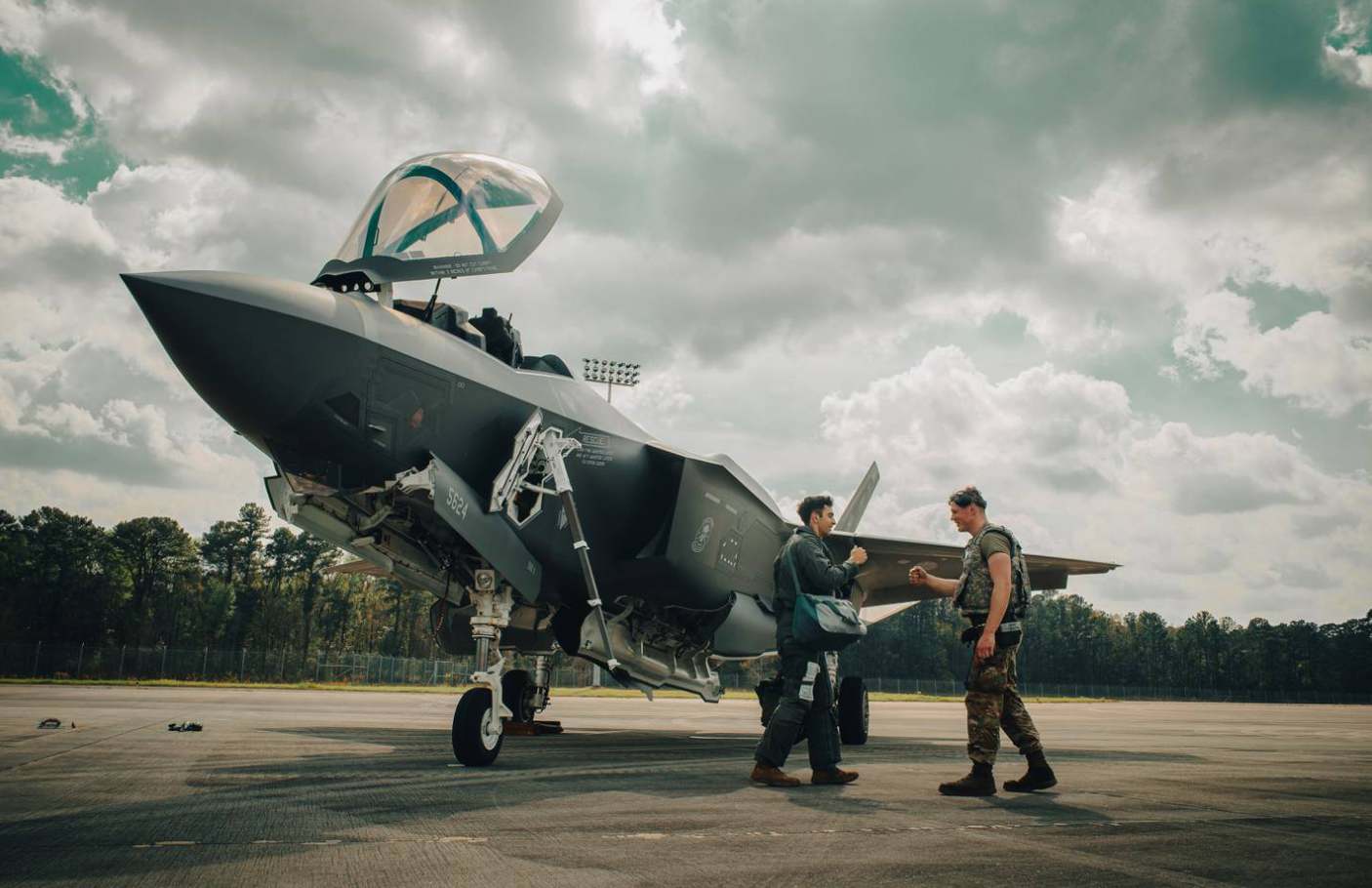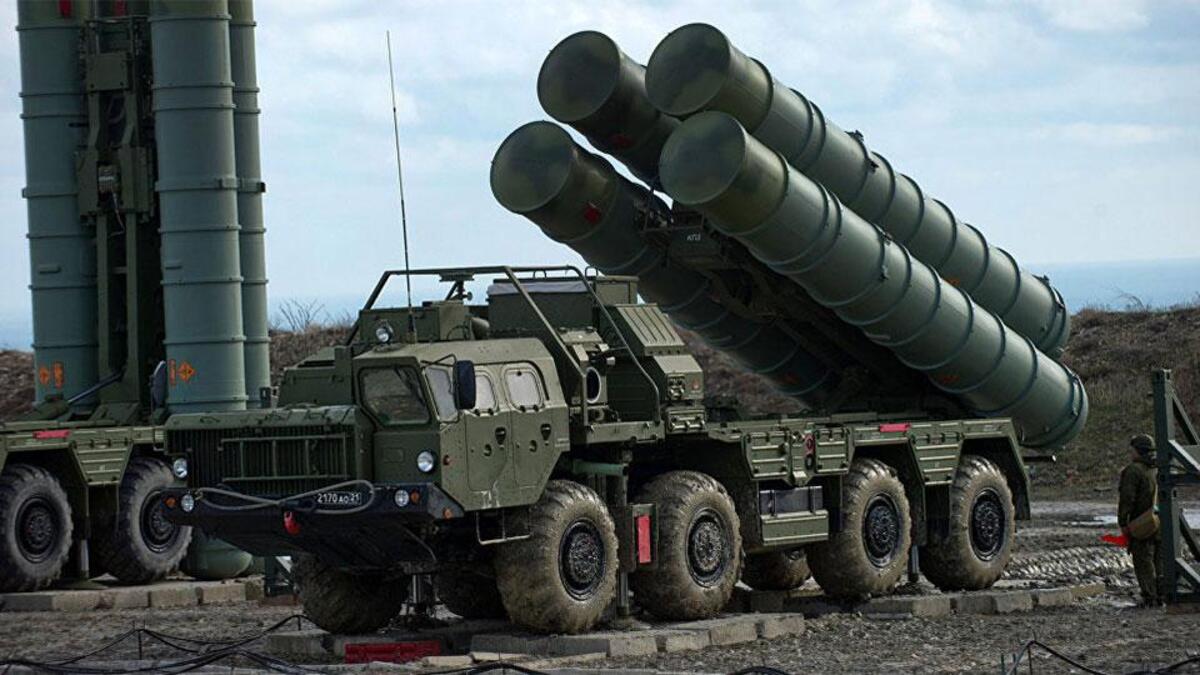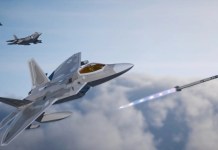Incumbent Turkish President Recep Tayyip Erdogan’s defeat in the upcoming national elections could resuscitate bilateral ties with the US.
An opposition victory in the polls could possibly mean Turkey gaining re-entry into the F-35 multi-role combat aircraft program and assuaging the NATO allies’ fear about the Russian S-400 anti-aircraft system.
The Turkish presidential challenger Kemal Kilicdaroglu has given feelers that if elected to power, the party will work towards approving the USD 20 billion deal for the US-made F-16 fighter jets, which has been in limbo for a long time.
Also, they will strive re-joining the F-35 jet program from which Turkey was ousted in 2019 after Erdogan opted for Russian-made S-400 air defense systems.
The top foreign policy aide of Kilicdaroglu, who is heading the six-party coalition of opposition parties, Ünal Çeviköz, was quoted by Newsweek: “With the democratization processes in domestic politics, and with a new vision of the foreign policy implementation of Turkey after the elections with the new government, we believe that Turkish-US relations will also have better openings and horizons.”
The presidential and parliamentary elections in Turkey are scheduled for May 14.
Iftikhar Gilani, an Indian journalist based in Turkey, told EurAsian Times that Kilicdaroglu will work to shore up relations with the West, and the latter, in turn, has a genuine interest in seeing the new government work and succeed because Erdogan as opposition “will still be representing powerful national sentiments.”
Erdogan has remained in power for nearly two decades and has been positioning himself as the leader of the Islamic world. Towards the fag end of his duration in power, Erdogan has been collaborating with Russia and Iran, much to the chagrin of the US.
Erdogan sided with Russia to clear Aleppo of Islamist rebels and in defeating the Islamist anti-Assad opposition, even though it has been contrary to his Islamist ideology. He has worked in tandem with Iran despite their Shia-Sunni beliefs.
The defiant attitude of Erdogan has also undermined the US authority, especially in the Middle East. This has triggered a downward spiral in US-Turkey relations.
The final blow was when he purchased the S-400 air defense system from Russia despite vehement protests from the NATO allies. The pet peeve of the US remains that Erdogan cooperates more with Russia than NATO members.

Now all eyes are on the May 14 elections in which Kilicdaroglu represents the six-party Nation Alliance and is seeking to end the 20 years reign of Erdogan. A veteran bureaucrat and long-time leader of the social democratic Republican People’s Party (CHP), Kilicdaroglu is said to be ahead of the sitting President by a small margin.
Kilicdaroglu’s win will likely put the USD 20 billion deal for 40 Lockheed Martin Block 70 F-16 fighter jets, along with the upgrades of the present F-16 aircraft in its fleet, on track. The US, earlier this week, stamped the F-16 modernization package worth USD 259 million, and the Turkish parliament approved Finland joining NATO.
While an election win can secure the F-16 deal, the tricky part would be resolving the F-35 conundrum.
“Re-joining the fifth-generation jet program (F-35) is a goal, and it is already present in our common position paper, which has been signed by the six leaders of the nation alliance,” Çeviköz said.
Turkey has already lost two years, and the elements of production that were once Turkey’s responsibility have been taken over by others. Acknowledging that it will be difficult to enter into the F-35 project, Çeviköz added:
“But the idea here is it’s a matter of continuing key defense-industrial cooperation between Turkey and the US.
The F-35 is only the fifth-generation project. There will be further technological development in the future, for the formation of the sixth generation, perhaps.”
This prospect seems plausible to Gilani as well. “The Biden administration will be quite happy with the new government, so there is every possibility that Turkey will return to the American fifth-generation fighter jet program. Its (F-35s) 800 parts were being manufactured in Turkey,” Gilani told the EurAsian Times.

Ankara was thrown out of the F-35 program for purchasing S-400 Russian surface-to-air missile platforms, despite repeated warnings from its NATO allies, including the US, who were afraid that it posed a risk to the NATO alliance as well as the F-35, America’s most expensive weapon platform.
The US tried to dissuade Turkey from purchasing S-400 by offering to sell its Patriot Air Defence System. In the last-ditch effort, it also offered to keep Turkey in its F-35 program if Ankara decided to keep its S-400s de-activated.
But the US attached a string to it, the precondition was that American military officials would inspect the status of S-400s, something Erdogan said was a violation of Turkey’s sovereignty.
In 2021, the US Congress passed the National Defence Authorisation Act 2021, which made it mandatory for Turkey to remove S-400s from its soil in order to get the sanctions imposed on Ankara lifted.
Çeviköz said that the opposition-led government would be willing to work with NATO allies to “nullify” any dangers posed by the S-400s.
However, it is highly unlikely that the country will abandon the Russian system entirely. “I understand that the future government will be, of course, willing to find a solution to that problem. I can’t make any judgment now as to how this solution is going to be reached.
But it will be a kind of understanding which will satisfy the two parties, both Turkey and the US. And with the resolution of this S-400 hurdle, I’m sure the reintroduction of Turkey into the defense-industrial cooperation with the US will continue,” Çeviköz was quoted.
Gilani also feels that the new dispensation in Turkey, while maintaining equidistance from Ukraine and Russia, will be more sensitive to the Western sanctions against Moscow.

“As far as S-400s are concerned, they are already deployed in Turkey now. So, the only concession could be that Turkey will retain them but not deploy them in operations if it gets alternatives from the West. Even if it is done, it will all be done quietly,” Gilani opined.
After 21 years of Erdogan’s reign, there is a whiff of possibility of rapprochement between the US and Turkey – if he is thrown out of power in the upcoming election.
Erdogan has been far removed from the values that undergird the transatlantic alliance of which Turkey is also a member. The US has also not seen a Turkish leader and government so anti-American in its ethos. Therefore, a change in leadership will definitely invigorate the ties between the two countries.
- Ritu Sharma has been a journalist for over a decade, writing on defense, foreign affairs, and nuclear technology. VIEWS PRSONAL
- She can be reached at ritu.sharma (at) mail.com




